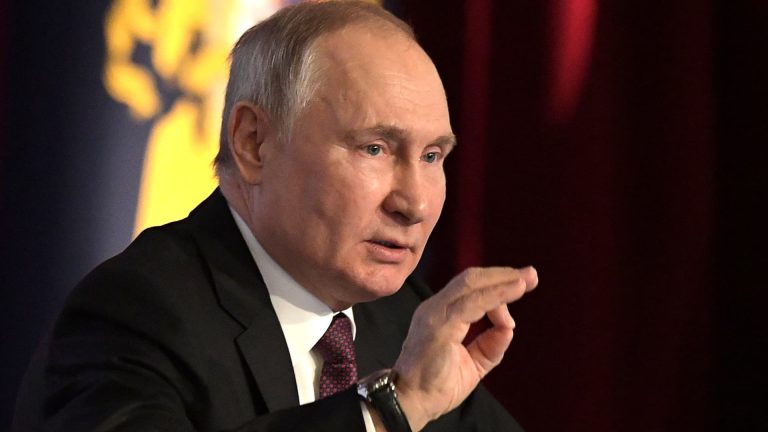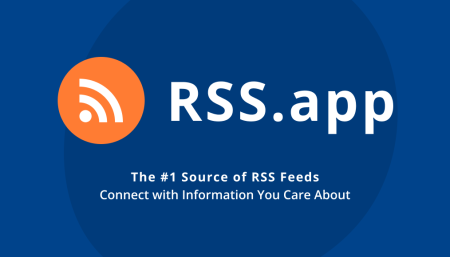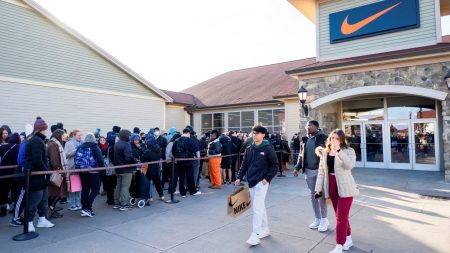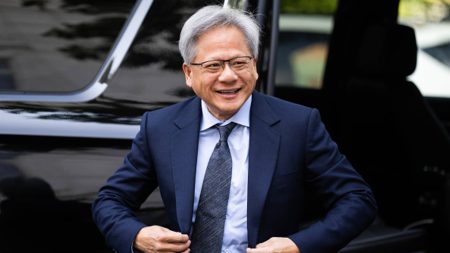Ukraine is trying to keep its international backers close as the spillover effects of the war with Russia — as well as the thorny issues of diplomatic gaffes, conflict fatigue and elections — threaten to upset its alliances and damage support for its cause.
Opinion polls in both Europe and the U.S. carried out this summer show there has been an overall decline in support for measures backing Ukraine, particularly when it comes to additional funding and the supply of military equipment.
“Partisan divides appear to be emerging in both Europe and the U.S. on supporting Ukraine,” geopolitical analysts at Teneo risk advisory noted Monday, adding that governments were mindful of prioritizing domestic politics and policies ahead of Ukraine, particularly as elections are on the horizon in a number of allied countries like Poland, Slovakia and the U.S.
As such, there are fears that Russia is smelling blood and could look to exploit weaknesses and fractures in Ukraine’s partnerships as it watches the public attitude toward the war shifting.
Russian analysts certainly think President Vladimir Putin is banking on Western support waning both politically and militarily. One noted Russian academic, historian and author Sergei Medvedev said he’s worried about Western resolve in Ukraine, saying, “I think the West is tiring.”
“Everyone is anxious about the U.S. elections in 2024 and the mood of the American public, and especially if Trump or the Republicans, generally, come back to office. So there are many variables, and there are many ponderables here,” he told CNBC.
CNBC has contacted the Kremlin for further comment and is awaiting a response.
When a very public rift erupted between Poland and Ukraine last week, the Kremlin was quick to seize upon the tensions.
Putin’s Press Secretary Dmitry Peskov told reporters (with more than an underlying hint of schadenfreude) that Russia “can see that there are definite frictions between Warsaw and Kyiv” and predicted that “these frictions between Warsaw and Kyiv will increase.”
Moscow is likely to have been keeping an eye on the trouble that has been brewing between Ukraine and its ally and neighbor Poland over agricultural exports all summer.
After all, Russia created the conditions for heightened tensions in eastern Europe after it pulled out of the Black Sea grain deal in July, meaning that the vast majority of Ukrainian agricultural exports had to be transported over land, rail or river routes via eastern Europe rather than by sea.
That put further pressure on the region as it tried to deal with a glut of cheaper Ukrainian grain imports that farmers said were filling up storage, lowering domestic prices and distorting internal markets.
Eastern European countries were given a reprieve in summer when the European Commission allowed them to restrict the imports of wheat, corn, rapeseed and sunflower seed, effectively meaning that the grains would transit through eastern European countries but would not be consumed or stored domestically.
When that restriction was lifted earlier in September, however, Poland and several other countries decided to unilaterally maintain restrictions, angering Kyiv.
Tensions came to a head last week with Ukraine filed lawsuits against Poland, Hungary and Slovakia with the World Trade Organization over their refusal to lift restrictions, and then worsened when President Volodymyr Zelenskyy appeared to suggest to the U.N. General Assembly that some Ukrainian allies had only feigned support for Kyiv.
That drew a furious rebuke from Warsaw, with Ukraine’s ambassador being summoned to explain the remarks, before Prime Minister Mateusz Morawiecki then announced that Poland would no longer be sending weapons to Ukraine and would instead focus on its own military needs.
Domestic needs
Poland has been one of the largest individual donors of military aid, sending tanks and Soviet-era fighter jets, to Kyiv since Russia invaded in February 2022, as well as providing humanitarian assistance to millions of Ukrainian refugees fleeing the war.
Nonetheless, Poland and its neighbor Slovakia are heading in to elections in the next few weeks, with analysts saying the championing of domestic issues over Ukraine should be seen as an attempt to appeal to electorates. Analysts at Teneo noted that, like Poland, the most likely winner in the upcoming elections in Slovakia has also pledged to halt military supplies to Ukraine.
“Meanwhile, last week’s announcement by U.S. President Joe Biden on supplying more air defense systems and ammunitions to Ukraine has been received coldly by the isolationist wing of the Republican party. A majority of Republican voters, in fact, oppose additional funding for Ukraine,” Teneo said in a note.
Describing the falling-out between Poland and Ukraine last week as “the first significant intra-coalition flare-up of the war,” Ian Bremmer, president of Eurasia Group, said that the spat should raise alarm bells for a potentially seismic political shift in the U.S. too if a Republican is in the White House after the 2024 presidential election.
“The urgency in Europe is growing — especially given expectations of a Trump nomination and growing potential that he becomes president, something most European leaders are now only just starting to seriously think about.”
Cooler heads prevailing?
There seemed to be attempts to cool tensions at the weekend; Zelenskyy visited Poland on his way back to Ukraine from his week in the U.S., meeting medical staff who had helped Ukraine, and in his nightly address he thanked “all of Poland for the invaluable support and solidarity that helps defend the freedom of our entire Europe.”
Meanwhile, Poland’s president appeared to soften Warsaw’s recent rhetoric toward Ukraine too, telling a Polish newspaper on Sunday that “we need to get our emotions under control, because let’s remember who will benefit most if the paths of Poland and Ukraine diverge,” alluding to Russia.
“The consequences could be tragic,” President Andrzej Duda told a Polish newspaper Sunday.
Duda noted that Zelenskyy’s comments at the U.N. General Assembly could have been down to stress, saying: “Let’s not forget that Zelenskyy is under enormous pressure,” he told Polish newspaper Super Express. “He is sending people to the front, often to their deaths.”
Referring to defense spending, he said new equipment “must serve to strengthen the Polish army,” before more can be sent to Ukraine but didn’t rule out more weaponry for Kyiv, saying:
“But that doesn’t mean that we won’t hand over armaments to Ukraine at all,” he said, adding that “when the old equipment is replaced by modern equipment, I don’t see a problem with sending that [old equipment] to the Ukrainians.”
Read the full article here









